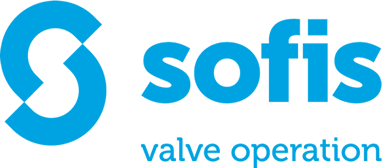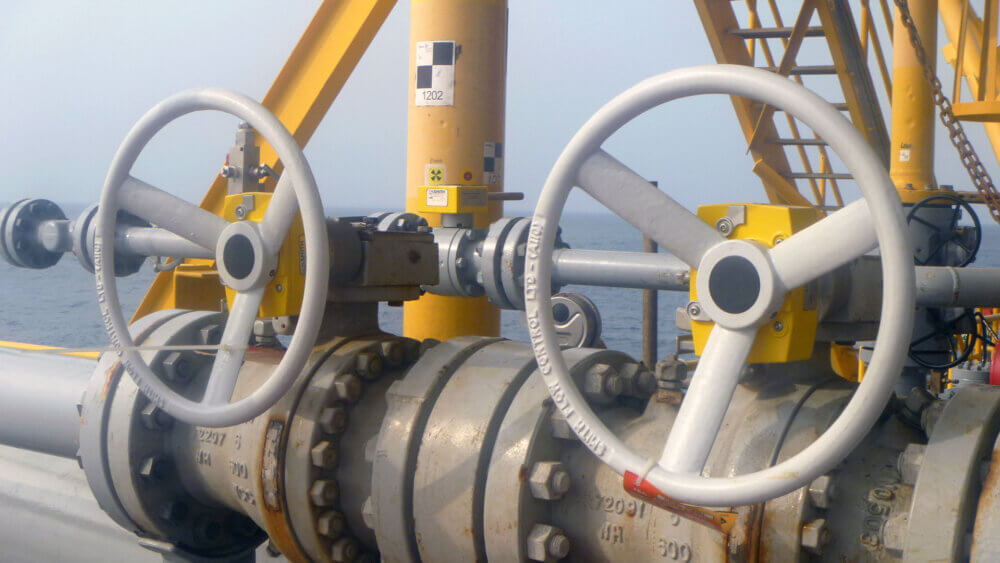April 10, 2025, marks the 40th anniversary of the linear coded key valve interlocking concept, introduced by Smith Flow Control in 1985.
The Smith Flow Control valve interlock revolutionized the industry by providing a solution that allowed valves and other equipment to be integrated into process safety systems without requiring any modifications. This breakthrough technology, combined with the introduction of the linear coded key concept, revolutionized industrial safety by ensuring fail-safe valve operations and remains the industry standard today across the globe.
Valve interlocking technology
Interlocking started in 1856 with the Railways in Britain. This system was created to prevent trains from crashing by controlling how the tracks and signals worked together. The valve interlocking technology was introduced in the process safety industry to address the risks of manual valve operations, where human error could lead to serious accidents, risking lives and damaging facilities or the environment.
Without the technology of valve interlocks, operators relied solely on procedures and training, and the use of car seals and padlocks. But mistakes, such as operating valves in the wrong sequence, often experienced catastrophic consequences. The introduction of dedicated mechanical key valve interlocks ensured that valves could only be operated in a predefined, safe sequence, reducing the risk of accidents and improving process safety in industries like oil and gas, chemical processing, and power generation. The seamless integration of valve interlocks into existing infrastructure was a major step forward, allowing this solution to serve as an independent safety layer for existing plants without requiring valve modifications or replacements.
How linear key valve interlocks became the industry standard
Unlike commonly used rotating key systems, which require precise alignment and regular maintenance, linear key valve interlocks offered a simpler, and more durable solution. Their push-pull, stainless steel mechanism is resistant against environmental impacts like dust and operates reliably even in harsh environments such as offshore platforms, chemical plants, and deserts. The development of a dedicated valve interlock with the linear key concept by Smith Flow Control revolutionized process safety, providing an intuitive, and highly reliable solution for controlling critical equipment operations.
Henry Langston, Managing Director at Sofis says:
“For 40 years our innovative linear key technology has made process industries safer, protecting people, plant and planet. Since then, we have continued to innovate, helping our customers with the solutions to operate safer and more efficiently, making sure their employees go home safely and that their assets operate as best in class. Since 1985 when we were founded, the fatal accident rate in oil and gas production has reduced from 14 per 100 million hours worked to 1, an incredible improvement we’re proud to have contributed towards. Today we continue this legacy by working on the next generation of innovations that will help reduce this rate even further.”
Sofis: 40 years of innovation and global impact
Innovation can come to everyone at any moment, and the founders of Smith Flow Control were inspired to create an industrial code card key when they visited a hotel in Norway in the early 1980s and were given a card to open their hotel door instead of a normal key. This created a eureka moment, and 40 years ago, on April 10th, 1985, Smith Flow Control was founded in the UK. marking the start of the linear key concept. On that day, our founders introduced the groundbreaking linear concept with coded key cards, which transformed valve interlocking technology.
Smith Flow Control later merged with Netherlocks BV, forming Sofis BV today, headquartered in the Netherlands, leading the industry standard, with over 450,000 linear key valve interlocks installed worldwide.
Continuous innovation
Since pioneering this game-changing technology, Sofis has continued to develop innovative solutions, including smart valve interlocking systems, to further enhance safety and efficiency across different industries. Other innovations such as remote valve monitoring, portable valve actuators, and remote manual valve operators, help to streamline manual operations while minimizing human error and optimizing plant performance. Sofis is bridging the gap between mechanical operations and digital process control, by seamlessly integrating manual valve operations into the digital infrastructure.


